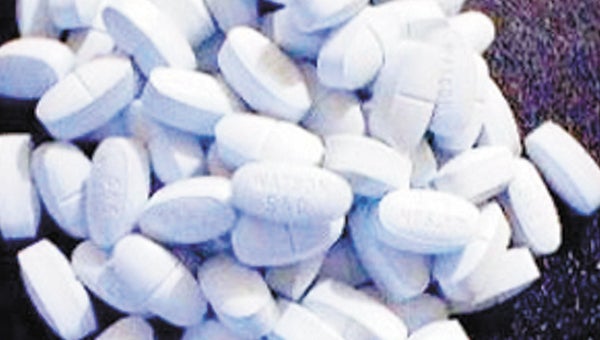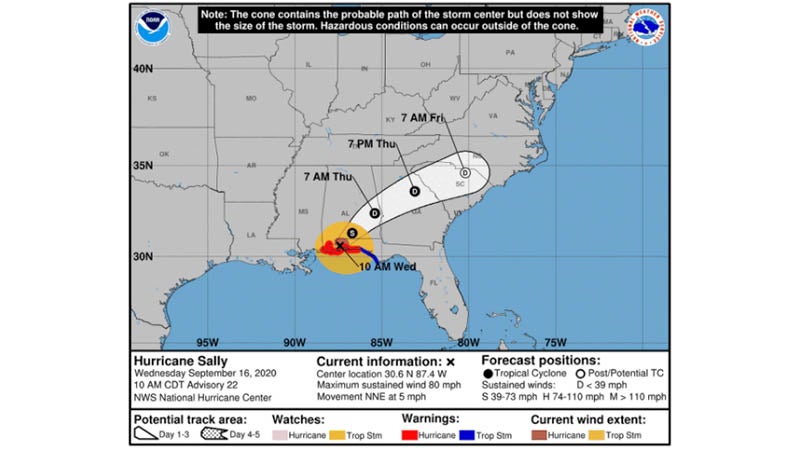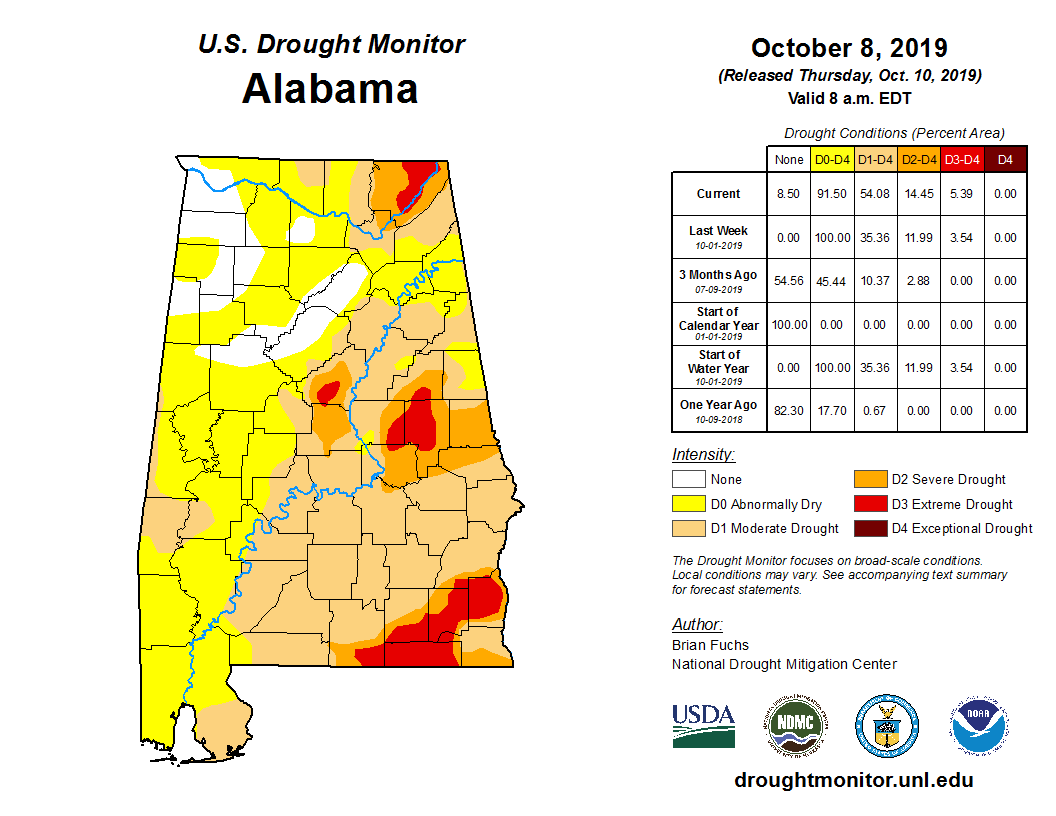Group to docs: Don’t over prescribe
Published 12:06 am Wednesday, April 29, 2015
Prescription pill abuse continues to be a problem in Covington County and one local advocacy group wants to reach out to the medical community and encourage better prescription practices.
“We need a way to reach the medical community to ask them not to over prescribe,” said Children’s Policy Council Coalition Director Susan Short.
Board member Ronda Ricks agreed.
“We don’t need to give people 30 days worth of medicine for something that only needs two days worth,” she said.
The conversation began when board member Otis Corbitt inquired about the prescription take-back event after needing to dispose of some prescription painkillers prescribed, but not needed, after a procedure.
Each year, the CPCC partners with the Drug Task Force to take unwanted prescription medication out of cabinets and off the streets.
Mizell Memorial Hospital CEO Jana Wyatt, who also sits on the CPCC, said their doctors watch people who come to the emergency room just to get pain medicine.
“They only prescribe enough for them to make it to an appointment,” she said. “And many times they make an appointment for them.”
Wyatt said e-prescribing has made it easier to keep patients from doctor shopping and has made doctors more accountable.
E-prescribing gives doctors the ability to electronically send an accurate, error-free and understandable prescription directly to a pharmacy from the point-of-care.
“They are now tracked more,” she said. “Their shoulders are being watched over. Our clinic just started this 18 months ago.”
The Alabama Department of Public Health also has a prescription drug monitoring program, which was developed to promote the public health and welfare by detecting diversion, abuse and misuse of prescription medications classified as controlled substances.
Another plus to e-prescribing is that patients don’t actually touch the prescription and there isn’t the possibility of the prescription being tampered with.
“If more will do that, it will help,” she said.
Last year, the federal government put stiffer restrictions on medicine with hydrocodone, and the president’s administration made it possible for the return of unused prescription drugs to hospitals, pharmacies and other places.
The problem isn’t confined to Covington County.
In fact, the Centers for Disease Control estimates that 15,000 people die each year from overdoses involving pain relievers.
The American Society of Interventional Pain Physicians says that Americans take nearly 80 percent of the total number of opiates produced worldwide.
Combating prescription pill abuse and marijuana use are the primary goals of a five-year $650,000 grant the coalition was awarded last fall.





